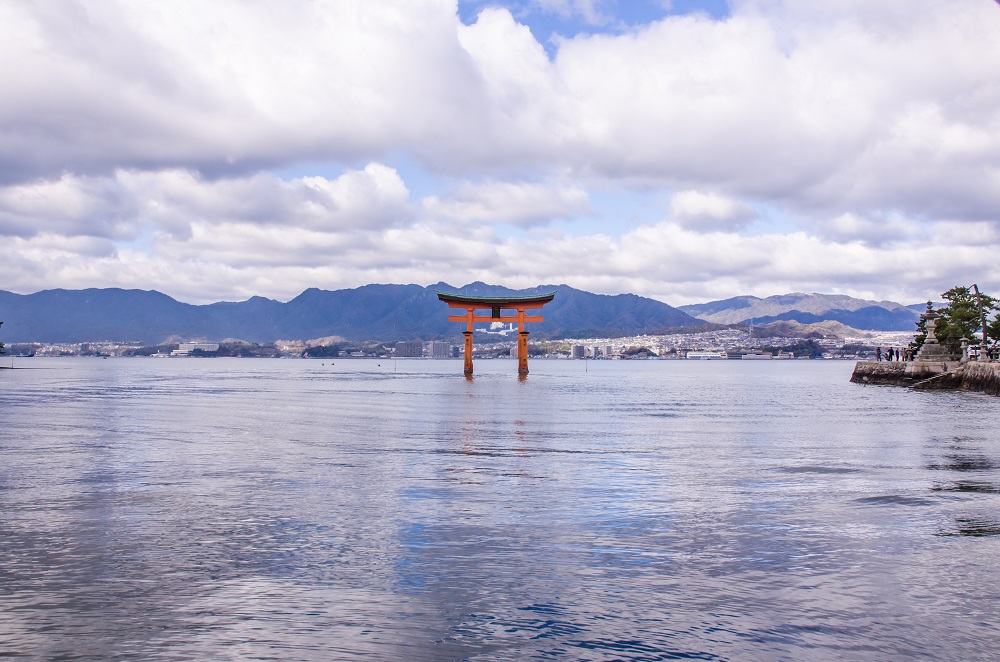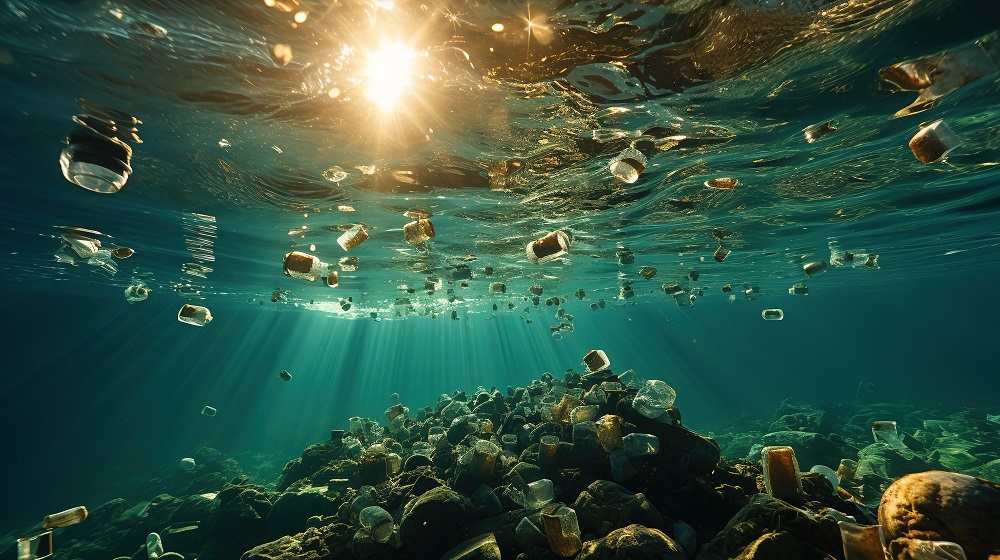

Back to Blue events
Other Ocean Events
Back to Blue will be participating in
the
following events:

Closing the marine pollution data gap: The Global Estuaries Monitoring Programme
Nov 2023 | Duration: 9mins
A zero-pollution ocean will only be possible if policymakers, business leaders and investors have access to sufficient evidence to evaluate the scope, scale and impact of marine pollution and use this to take action. A coordinated global response will first require building a comprehensive picture of the existing data and understanding the science needed to fill the evidence gaps. Back to Blue, an initiative of Economist Impact and The Nippon Foundation, calls on scientists, policymakers, business leaders, and investors to co-design a roadmap to close the marine pollution data gap. In this case study interview, Kenneth Leung, chair professor of environmental toxicology and chemistry at City University of Hong Kong, and director of China’s State Key Laboratory of Marine Pollution, discusses the Global Estuaries Monitoring Programme and the lessons it holds for closing the marine pollution data gap.
Marine Chemical Pollution
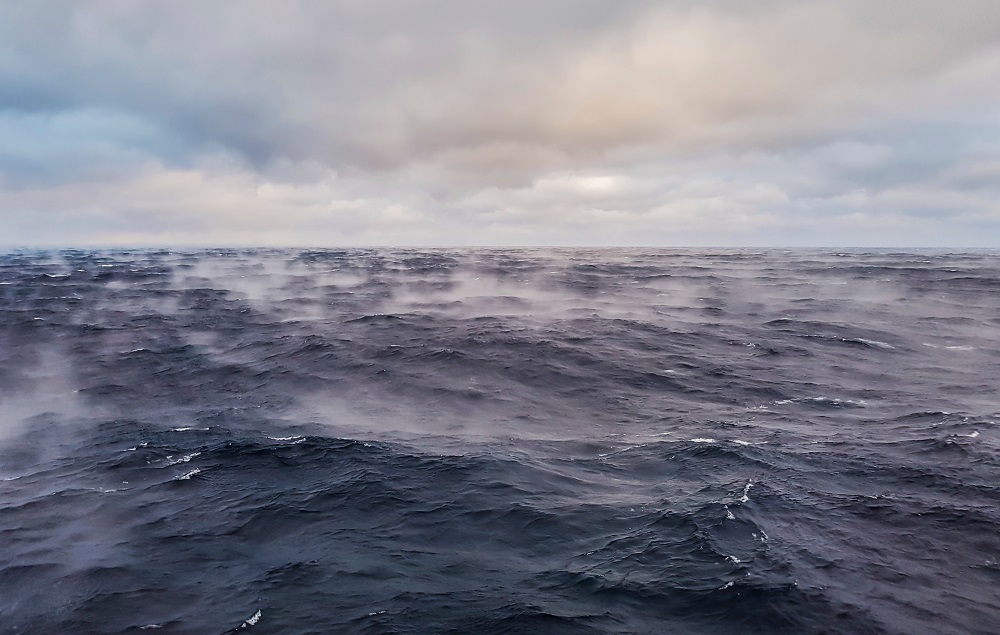
Climate efforts threatened by developments at sea
Reading time: 4mins
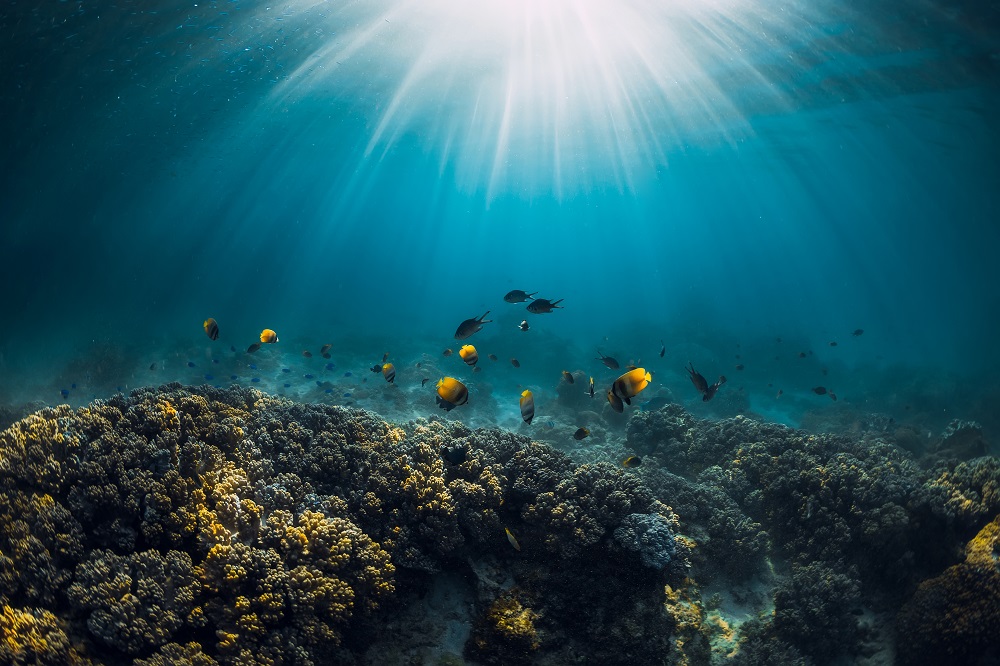
Q&A with Professor Steve Widdicombe, director of science and deputy chief executive at Plymouth Marine Laboratory
Reading time: 8mins
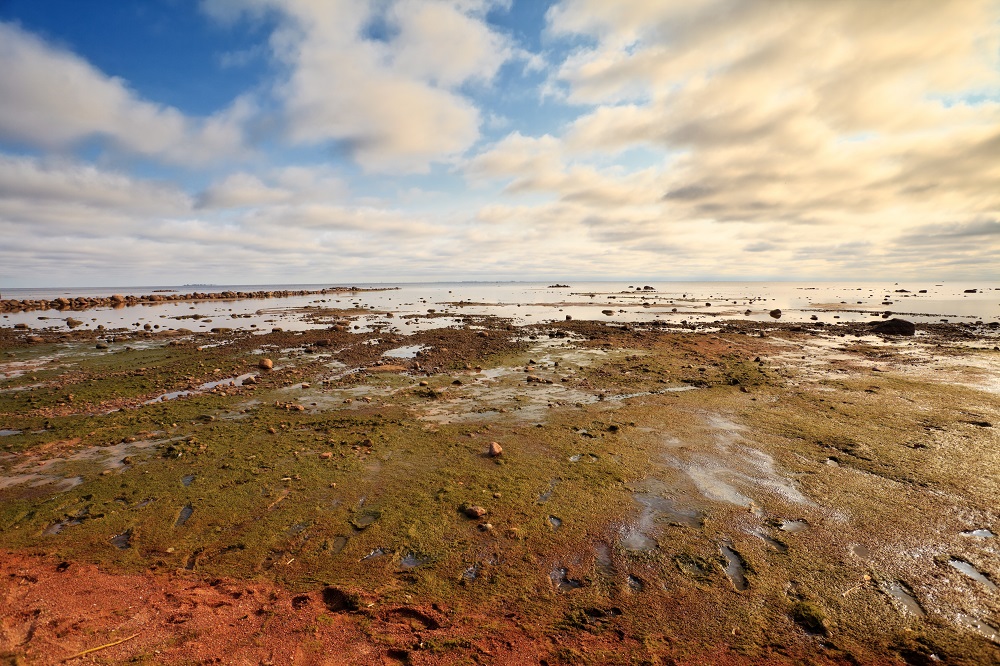
Charting the interplay of ocean warming and the Earth’s energy imbalance
Reading time: 6.5mins

Glaciers and fjords: new research
Reading time: 10mins

Towards a pollution free ocean
Reading time: 10mins
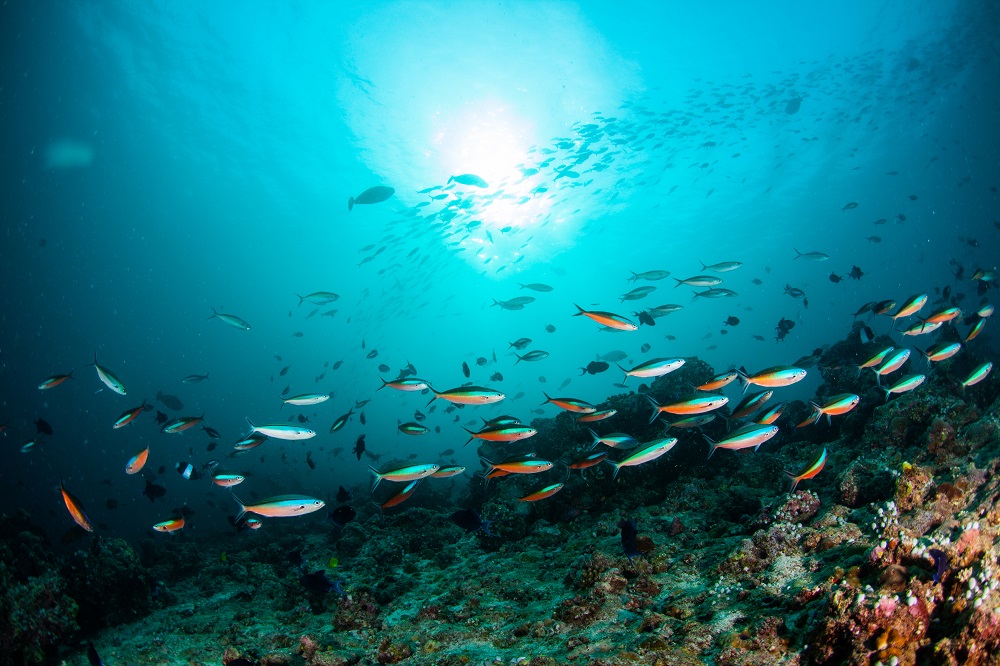
Investing in a Pollution Free Ocean
Reading time: 4mins
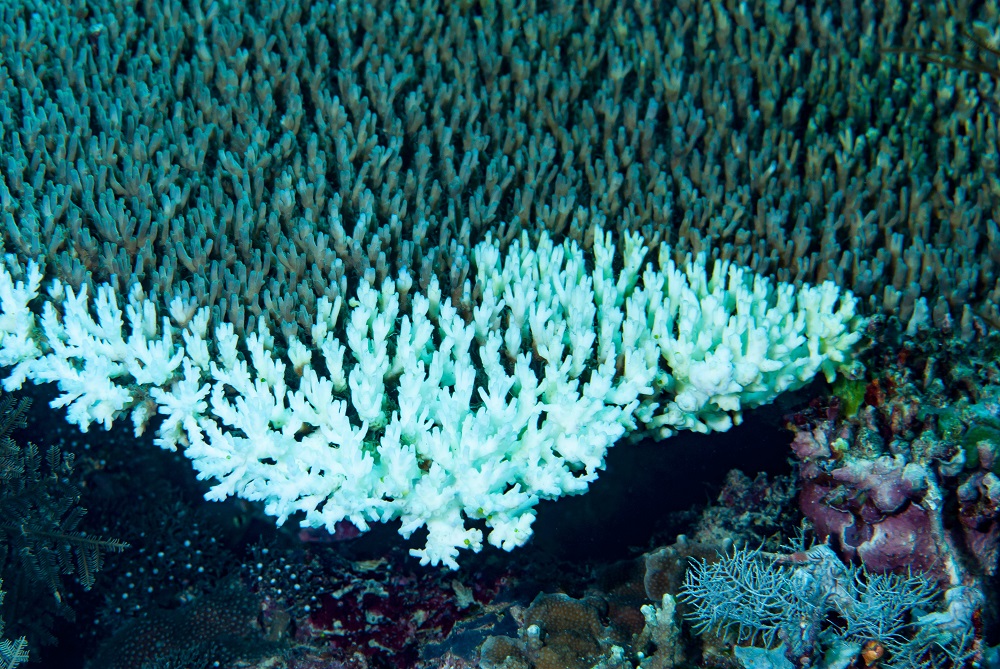
Q&A: Professor Alex Rogers, National Oceanography Centre
Reading time: 5.5mins
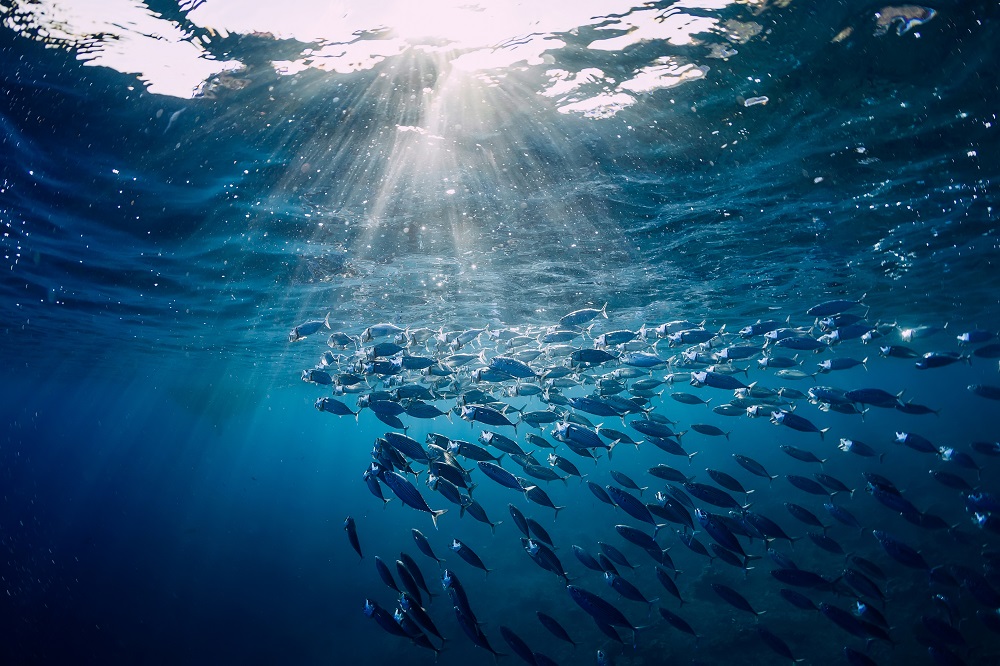
Q&A with Professor Mitsutaku Makino, from the Atmosphere and Ocean Research Institute at the University of Tokyo
Reading time: 3.5mins
videos
Back to Blue is an initiative of Economist Impact and The Nippon Foundation
Back to Blue explores evidence-based approaches and solutions to the pressing issues faced by the ocean, to restoring ocean health and promoting sustainability. Sign up to our monthly Back to Blue newsletter to keep updated with the latest news, research and events from Back to Blue and Economist Impact.
The Economist Group is a global organisation and operates a strict privacy policy around the world.
Please see our privacy policy here.
THANK YOU
Thank you for your interest in Back to Blue, please feel free to explore our content.
CONTACT THE BACK TO BLUE TEAM
If you would like to co-design the Back to Blue roadmap or have feedback on content, events, editorial or media-related feedback, please fill out the form below. Thank you.
The Economist Group is a global organisation and operates a strict privacy policy around the world.
Please see our privacy policy here.
Back to Blue is an initiative of Economist Impact and The Nippon Foundation, two organisations that share a common understanding of the need to improve evidence-based approaches and solutions to the pressing issues faced by the ocean, and to restoring ocean health and promoting sustainability


 World Ocean Summit & Expo
2025
World Ocean Summit & Expo
2025 Sewage and wastewater pollution 101
Sewage and wastewater pollution 101 Slowing
the chemical tide: safeguarding human and ocean health amid
chemical pollution
Slowing
the chemical tide: safeguarding human and ocean health amid
chemical pollution Hazardous chemicals in plastics - the discussions at INC
Hazardous chemicals in plastics - the discussions at INC







